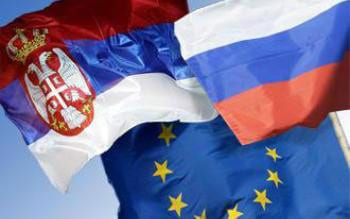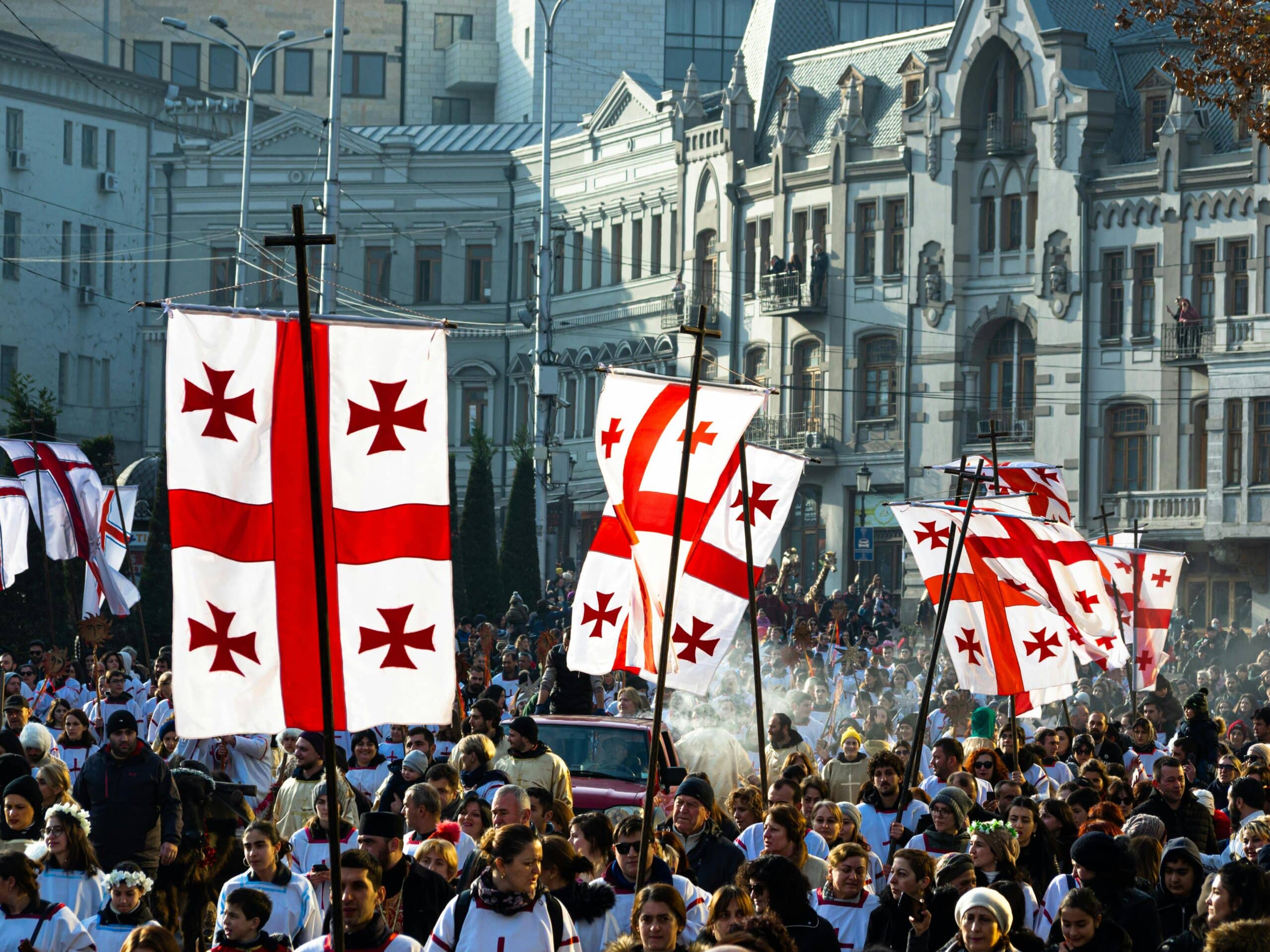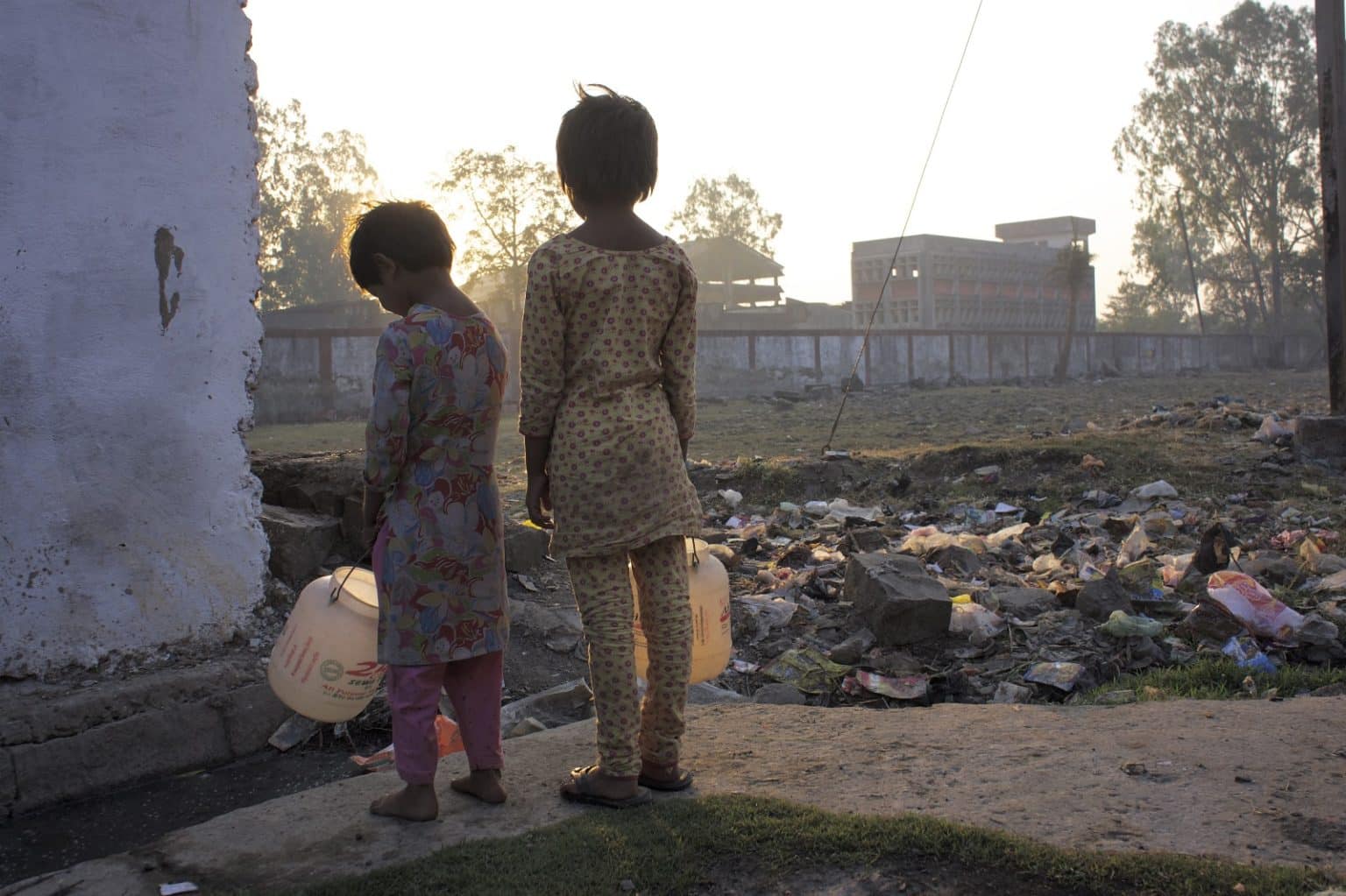Europeanist
Before the elections, the PSD, nominally a social democratic party, had run a strong nationalist campaign in the style of Orban: Everything was the fault of foreign countries. That voters could not appreciate this message is clear from the results. The pro-European parties, alliance USR+ and PNL, made strong gains despite USR+ being a new party with few familiar faces, and the PNL leadership making a lacklustre impression.
Long queues at consulates
Of the approximately 4 million Romanians abroad, some 800,000 are registered voters. These emigrants tend to vote progressively and are not in favour of the PSD. According to the electoral law, postal votes cannot be cast, so the Romanian foreign ministry has to organise polling stations in every country where there is a Romanian community. As in the 2016 national elections, there were long queues all over Europe because the logistics were totally inadequate. The PSD foreign minister is accused of deliberately arranging too few polling locations, polling booths, ballot papers and stamps. When voting ended at 9pm, there were still long queues of angry Romanians wanting to vote, including in the Netherlands. But the voter bullying was of no avail to the government.
Dragnea in prison
To make matters worse for the PSD, party leader Liviu Dragnea was finally convicted in an old case the next day, on 27 May, for defrauding fictitious jobs. The sentence is 3.5 years in prison, after he had also been convicted of electoral fraud in 2012. Prime Minister Dăncilă, known as weak, is now on his own. The opposition smells blood and wants to dismiss the cabinet with a vote of no confidence, but it is questionable whether a majority can be found for this. Relations in the national parliament are somewhat different from those in the European one.





